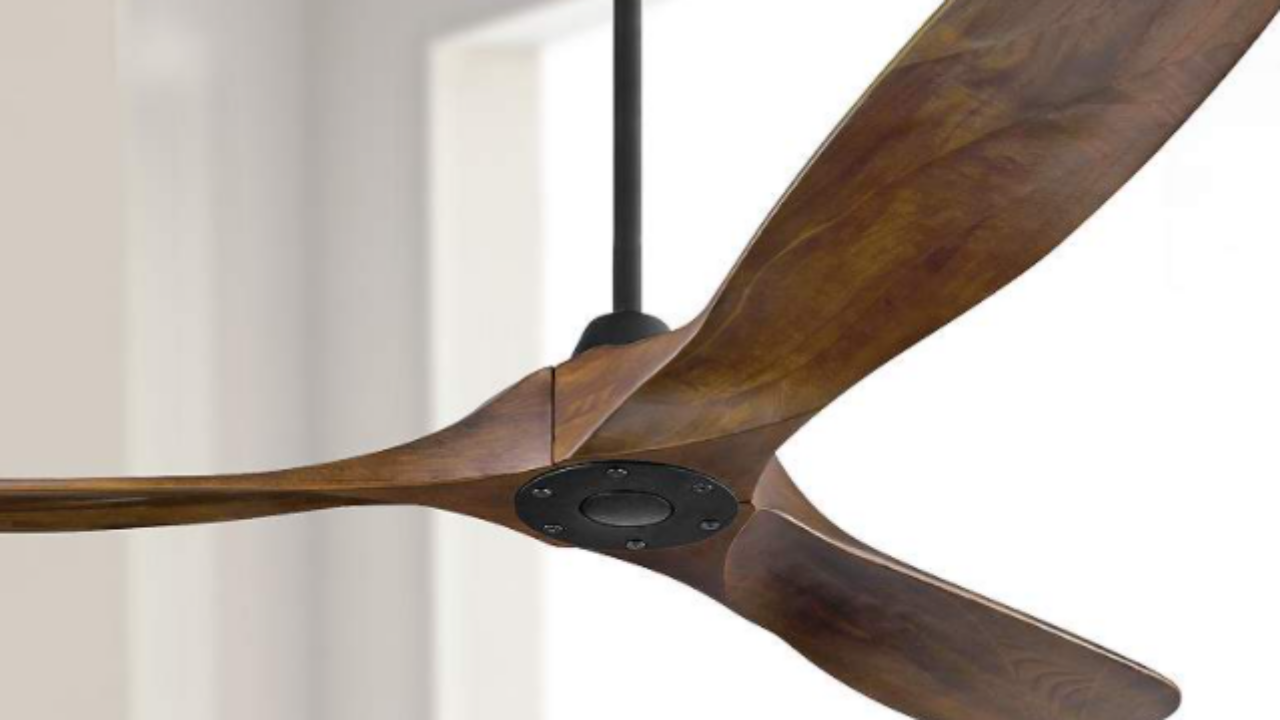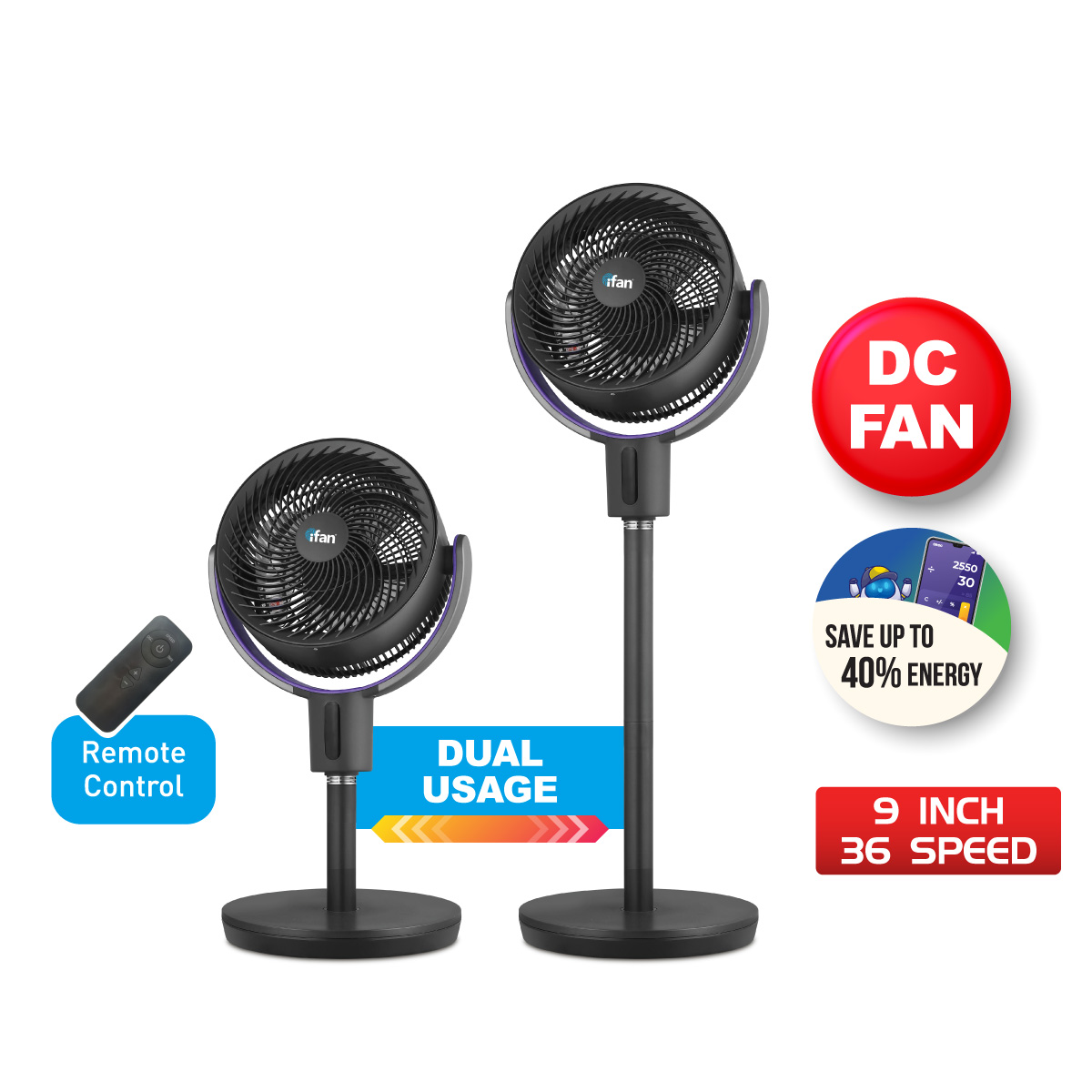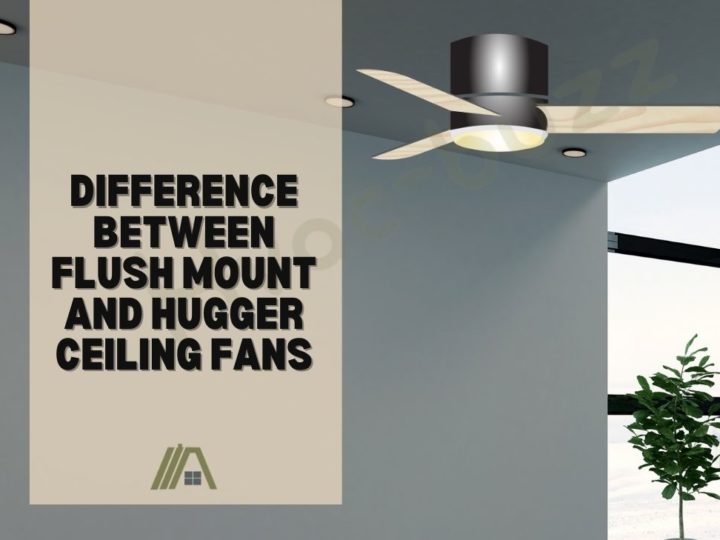Lessons I Learned From Tips About Are DC Fans Quieter

Are Dc Motor Ceiling Fans Quieter At Margret Rodriguez Blog
DC Fans
1. Understanding the Noise Factor in DC Fans
Let's talk about DC fans, those little gadgets that keep our electronics cool (or, you know, try to). One question pops up a lot: are DC fans quieter? It's a valid question, especially if you're building a super-silent PC or trying to create a zen-like workspace. The short answer is, it's complicated. Not all DC fans are created equal, and several factors come into play that determine how much noise they generate. Think of it like cars — some are roaring muscle cars, and others are purring hybrids. Fans are similar in that their acoustics differ by model.
One of the biggest influences on fan noise is the design. Blade shape, the materials used, and even the motor's construction all contribute. A poorly designed fan, regardless of whether it's AC or DC, is going to be a noisy beast. But generally, DC fans can be quieter because they offer better speed control. This means you can dial them down when you don't need maximum airflow, resulting in a significant drop in noise levels. Pretty neat, right?
Another thing to consider is the bearing type. Sleeve bearings, ball bearings, and fluid dynamic bearings (FDB) are the common types, each with its own noise profile. Sleeve bearings are often the cheapest, and while they can be relatively quiet when new, they tend to get louder as they wear out. Ball bearings are generally louder than sleeve bearings but tend to last longer. FDB bearings are often the quietest option, offering a good balance of performance and longevity. Choosing the right bearing type can make a big difference in the overall noise level.
Finally, mounting the fan properly is crucial. Vibration is a major source of noise, so ensuring the fan is securely mounted and isolated from the case can significantly reduce the noise. Anti-vibration mounts or rubber gaskets can work wonders in dampening those annoying vibrations. It's like putting a shock absorber on your sound system!

AC vs. DC
2. Delving Deeper into the Differences
Now, let's get into the nitty – wait, no, let's get into the details of AC versus DC fans. AC (Alternating Current) fans have been around for ages, powering everything from old-school window fans to some industrial equipment. They're simple in design, which usually means they're cheaper to produce. However, their simplicity also means they often lack the fine-grained speed control that DC fans offer. This is a crucial point when discussing noise, as the ability to reduce fan speed is a major factor in reducing noise.
DC (Direct Current) fans, on the other hand, are often more sophisticated. They use electronic circuitry to control the motor speed, allowing for precise adjustments based on temperature or other factors. This means you can have the fan running at a low, almost silent speed when the system is idle and ramp it up only when needed. This dynamic speed control is a key advantage when it comes to minimizing noise. It's like having a volume knob for your fan!
The electronic components required for DC fan control also contribute to their generally higher cost compared to AC fans. However, many believe the added features and quieter operation are well worth the investment, especially for noise-sensitive environments. Think of it as paying a little extra for a premium experience. Who doesn't appreciate a quiet room these days?
It's worth noting that even within the DC fan category, there's a wide range of quality and features. Some DC fans have advanced features like PWM (Pulse Width Modulation) control, which allows for even finer speed adjustments and quieter operation. Others might have built-in temperature sensors that automatically adjust the fan speed based on the internal temperature of the device. These extra features can further contribute to a quieter and more efficient cooling solution.

Beyond the Specs
3. Factors That Impact Fan Noise in Everyday Use
Okay, so we've talked about fan design and AC versus DC, but what about the real world? How does fan noise actually impact your daily life? Well, imagine you're trying to concentrate on a project, and all you can hear is the incessant whirring of a noisy fan. It's distracting, annoying, and can even lead to headaches over time. That's where a quieter fan can make a huge difference.
One often overlooked factor is the environment where the fan is used. A fan that seems quiet in a noisy server room might be much more noticeable in a quiet bedroom or office. The ambient noise level plays a significant role in how loud a fan sounds. So, consider the intended use case when choosing a fan. A silent fan for your bedroom will need to be a different beast to one keeping a rack of servers cool.
Another factor is the type of equipment being cooled. A powerful gaming PC that generates a lot of heat will likely require higher fan speeds, and therefore more noise, than a low-power laptop. The cooling demands of the equipment directly influence the noise level. It's a trade-off — more cooling often means more noise. But a well-chosen DC fan with good speed control can help minimize that trade-off.
Age and maintenance also matter. Over time, fans can accumulate dust and debris, which can throw them out of balance and cause them to become louder. Regular cleaning and maintenance can help keep your fans running smoothly and quietly. Think of it as giving your fan a little spa day!

Picking the Perfect Quiet Fan
4. Choosing the Right Fan for Your Needs
So, you're on the hunt for a quiet fan. What should you look for? First, check the specifications. Most fan manufacturers will list the noise level in decibels (dB). Lower dB ratings generally indicate quieter fans. However, be aware that these ratings are often measured under ideal conditions, so your actual experience may vary. Try to also look for customer reviews that discuss the fan's noise performance in real-world scenarios.
Next, consider the bearing type. As mentioned earlier, FDB bearings are often the quietest option. But ball bearings might be a better choice if you prioritize longevity. It's a balancing act between noise and lifespan. Also, look for fans with PWM control, which allows for fine-grained speed adjustments. This feature can be incredibly useful for minimizing noise when the system is not under heavy load.
Don't forget about the fan size. Larger fans can often move more air at lower speeds, resulting in less noise. A larger, slower-spinning fan is usually quieter than a smaller, faster-spinning fan. So, if you have the space, opt for a larger fan.
Finally, consider the brand. Some manufacturers are known for producing high-quality, quiet fans. Research different brands and read reviews to see which ones have a good reputation for noise performance. It's like choosing a reliable car brand — some are just known for being quieter and more comfortable.

DIY Noise Reduction Tips
5. Simple Steps to Make Your Fans Quieter
Even if you already have fans installed, there are things you can do to reduce the noise. One of the simplest and most effective is cleaning. Dust accumulation is a major cause of fan noise. Use a can of compressed air or a soft brush to clean the fan blades and housing regularly.
Another effective tip is to use anti-vibration mounts. These mounts are usually made of rubber or silicone and help to isolate the fan from the case, reducing vibration and noise. They're relatively inexpensive and easy to install. It's like adding a muffler to your fan!
If your computer case has openings that aren't being used, consider covering them with fan filters or blanking plates. These can help to reduce air turbulence and noise. Also, make sure that all cables are neatly routed and aren't obstructing airflow. Good cable management can make a surprising difference in noise levels.
Finally, consider using fan control software. Many motherboards and graphics cards come with software that allows you to adjust fan speeds based on temperature. Experiment with different fan curves to find a balance between cooling performance and noise. You might be surprised at how much quieter you can make your system without sacrificing too much cooling performance. You can even configure fan profiles for different scenarios, like gaming versus general use.

FAQ
6. Your Burning Questions Answered
Q: Are all DC fans inherently quieter than AC fans?
A: Not necessarily. While DC fans can be quieter due to their speed control capabilities, the actual noise level depends on the design, bearing type, and other factors. A poorly designed DC fan can be just as noisy as an AC fan.
Q: What's the best type of bearing for a quiet fan?
A: Fluid Dynamic Bearings (FDB) are generally considered the quietest option, offering a good balance of performance and longevity.
Q: How important is fan size when it comes to noise?
A: Fan size is quite important. Larger fans can move more air at lower speeds, resulting in less noise compared to smaller fans spinning at higher speeds.